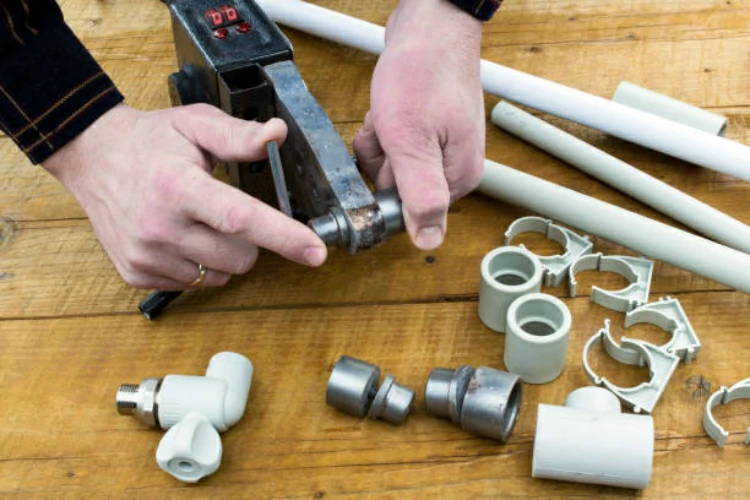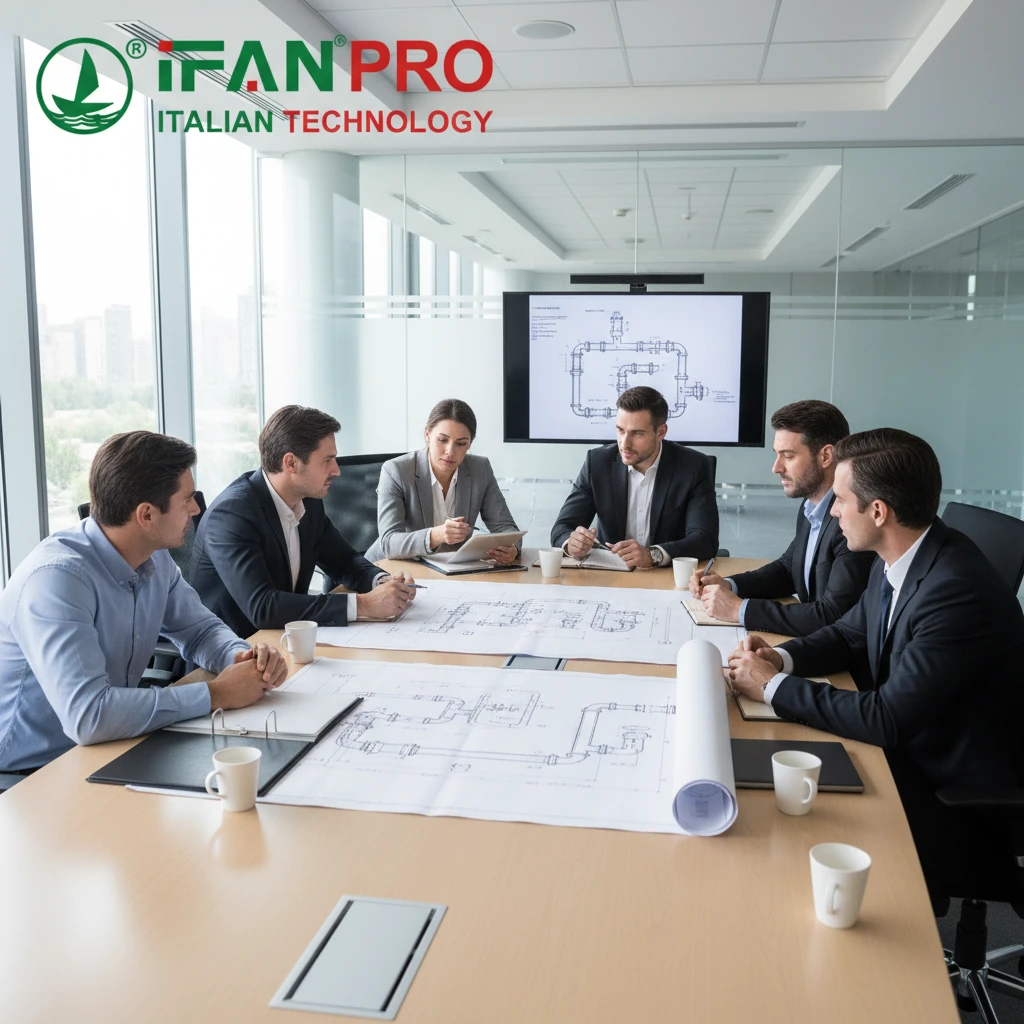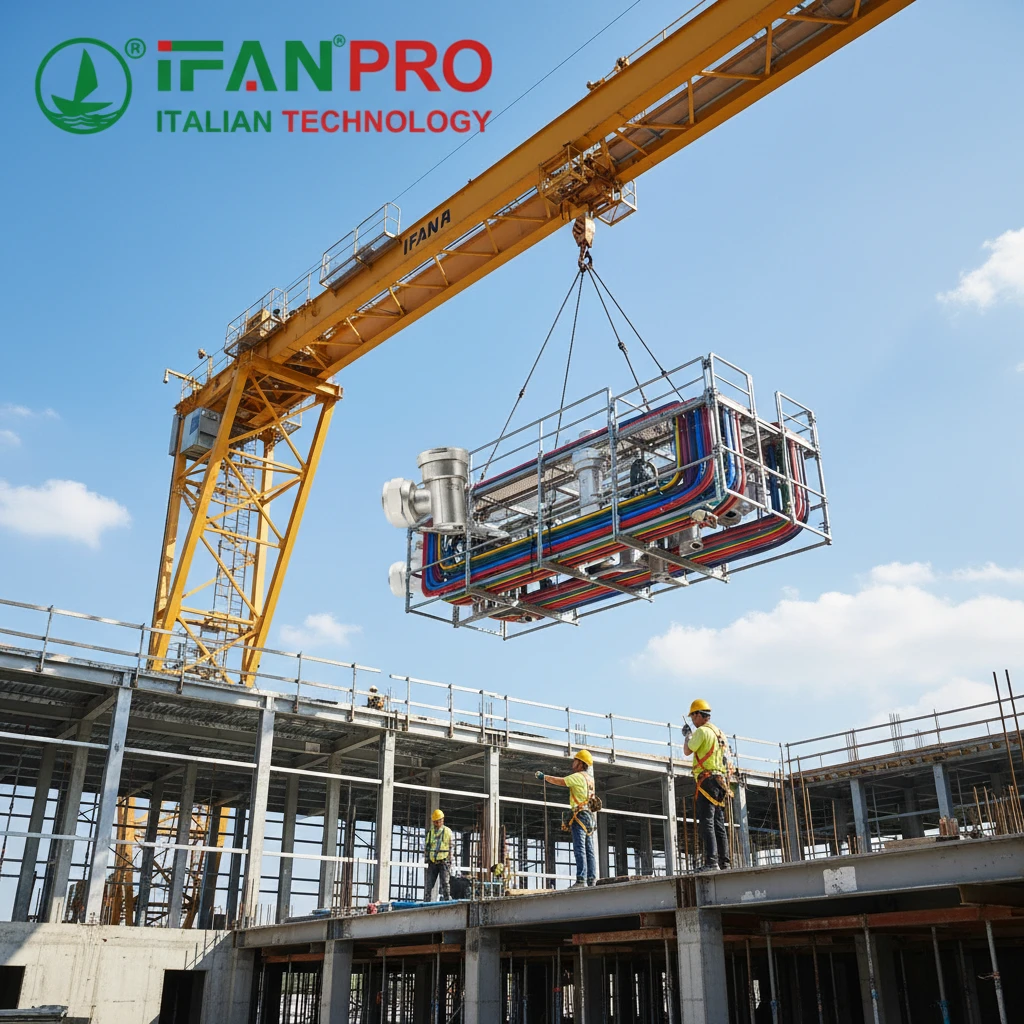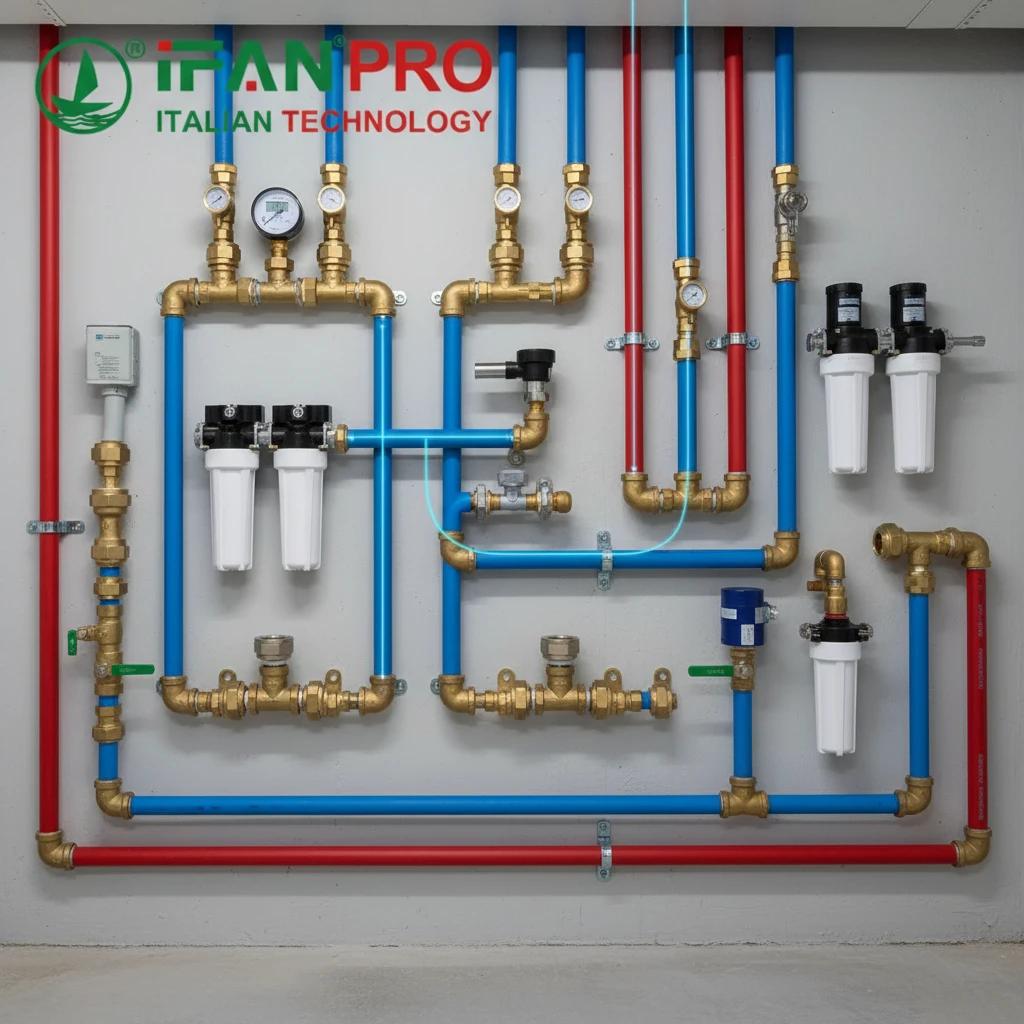PPR (Polypropylene Random Copolymer) plumbing has gained widespread acclaim for its exceptional corrosion resistance. This makes it an ideal choice for various applications, including residential, commercial, and industrial piping systems. In this article, we will delve into the corrosion resistance of PPR plumbing, exploring its benefits and applications.
The Science Behind PPR’s Corrosion Resistance
Material Composition
The unique material composition of PPR provides its superior corrosion resistance. Unlike metal pipes that corrode when exposed to water and chemicals, PPR is a polymer that inherently resists chemical reactions. This resistance extends to a wide range of substances, including acids, alkalis, and salts.
Non-reactive Surface
PPR plumbing features a non-reactive surface, which further enhances its corrosion resistance. This surface prevents the build-up of scale and deposits, which are common issues in metal piping systems. Consequently, PPR pipes maintain their smooth inner surface, ensuring consistent water flow and reducing maintenance needs.
Long-term Stability
PPR’s molecular structure contributes to its long-term stability in corrosive environments. The random copolymerization process creates a strong bond between the molecules, making PPR less susceptible to environmental stress cracking. This stability is crucial for ensuring the longevity of plumbing systems, particularly in harsh conditions.
Benefits of Corrosion-resistant PPR Plumbing
Durability and Longevity
One of the primary benefits of PPR plumbing is its durability. The material’s resistance to corrosion significantly extends the lifespan of pipes, reducing the need for frequent replacements. This durability translates to lower maintenance costs and increased reliability over time.
Health and Safety
PPR plumbing is a safer option for water supply systems because it does not corrode and release harmful substances into the water. This ensures that the water remains clean and safe for consumption, which is particularly important in residential and commercial buildings.
Cost-effectiveness
The cost-effectiveness of PPR plumbing stems from its long service life and low maintenance requirements. Unlike metal pipes, which may need regular maintenance to address corrosion issues, PPR pipes require minimal upkeep. This results in significant cost savings over the lifespan of the plumbing system.
Applications of PPR Plumbing in Corrosive Environments
Residential Plumbing
In residential settings, PPR plumbing is commonly used for both hot and cold water supply lines. Its resistance to corrosion ensures that the plumbing system remains reliable and efficient, providing homeowners with peace of mind and reducing the likelihood of leaks and pipe failures.
Industrial Applications
PPR plumbing is also suitable for various industrial applications where exposure to corrosive substances is common. Industries such as chemical manufacturing, food processing, and wastewater treatment benefit from PPR’s ability to withstand harsh chemicals without degrading.
Irrigation Systems
Agricultural irrigation systems often involve the use of fertilizers and other chemicals that can cause corrosion in metal pipes. PPR plumbing offers a corrosion-resistant alternative, ensuring the longevity and reliability of irrigation systems. This makes it an excellent choice for modern agriculture.
Comparing PPR with Other Plumbing Materials
PPR vs. PVC
While PVC (Polyvinyl Chloride) is another popular material for plumbing, it does not match the corrosion resistance of PPR. PVC pipes can degrade over time when exposed to certain chemicals, whereas PPR maintains its integrity. This makes PPR a more reliable choice for long-term use.
PPR vs. Copper
Copper pipes, though durable, are prone to corrosion, especially in environments with acidic or alkaline water. PPR plumbing offers a corrosion-resistant solution that eliminates the risk of metal leaching into the water supply. This makes PPR a safer and more sustainable option.
PPR vs. Stainless Steel
Stainless steel pipes are known for their corrosion resistance; however, they are significantly more expensive than PPR pipes. PPR provides a cost-effective alternative that offers comparable corrosion resistance without the high price tag, making it a preferred choice for budget-conscious projects.
Conclusion
The corrosion resistance of PPR plumbing is a crucial factor in its growing popularity and widespread use. Its ability to withstand a variety of corrosive substances ensures durability, safety, and cost-effectiveness across a range of applications. Whether for residential, industrial, or agricultural use, PPR plumbing offers a reliable and efficient solution that outperforms many traditional materials. By choosing PPR, users can enjoy the benefits of a long-lasting, low-maintenance plumbing system that maintains its integrity even in the most challenging environments.
IFAN is a Chinese manufacturer of plastic pipes, fittings and valves with 30 years of experience. If you are interested in IFAN copper fittings, copper valves, plastic pipes and fittings, please contact us. IFAN offers you a variety of standard pipes to meet your specific needs. Click below to learn more about IFAN’s wide range of affordable and cost-effective valve products and piping system related products.
We will reply your email or fax within 24 hours.
You can call us at any time if there is any question on our production.
For more information,pls visit our webside https://ifanpro.com/
Pls Mailto: [email protected]
Whatsapp: + 86 19857948982














Recent Comments